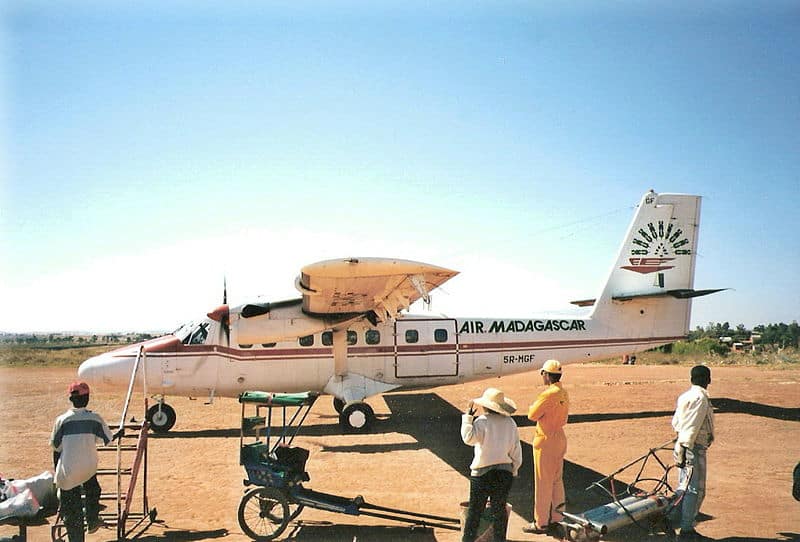The UN institutions in various committees are looking for ways to prepare the affected countries for climate change, preparations that cost a lot of blood, which means that there is a need for budgets, funding sources that are lacking today

Global warming does not go down from the agenda, today it is clear that even if the emission of pollutants suddenly stops, the warming will continue and increase, the damages of warming are felt in everything: floods, heat waves, periods of drought and more.
The most severe suffering falls on the part of the "third world subjects", countries that are not developed kneeling under the burden, a burden most of which is caused by the Western way of life: the culture of consumption and hedonism in the Western countries, the development of industry that fulfills the "needs" and creates ever-growing "needs", industry which emits pollutants, pollutants that harm the environment and cause global warming. That is: one part of humanity produces troubles and harms from which many others suffer. So what do we do to ease the suffering?
The UN institutions in various committees are looking for ways to prepare the affected countries for climate change, preparations that cost a lot of blood, which means that there is a need for budgets, funding sources that are lacking today. The UN has a UN climate change convention & Adaptation Fund, but the amounts in it are minimal, insufficient and dependent on changing factors. To prepare properly, ongoing funding is needed.
Below is a proposal that came up for a round of talks by the intergovernmental body to deal with climate change, the talks took place in Bangkok (Thailand) when in the south of Thailand millions of residents are suffering from floods on a scale that was unknown until now. The proposal was submitted by two economists Tom Birch Muyeye Chambwera from the British Institute for Environment and Development, International Institute for Environment and Development (IIED).
The economists propose to impose a tax on international flights. The proposal follows a series of studies called Shaping Sustainable Markets that were submitted to the "Institute".
According to the economists, "Taxation at tiny rates will generate about $10 billion every year, the amounts will be directed to help the victims of global warming and to help future victims, that is, to prepare and adapt residents/populations/towns to the ravages of the weather. The floods in Thailand are an example of situations and events that must be prepared for. Preparations that cost a lot of money, money that is not in the possession of the states and their residents.
In the position paper they submitted, the economists claim that "a tax on airline tickets would be the ideal way to generate sources of funding that will be used to help and adapt to climate damage." According to them such a tax would be fair, its implementation would be quick and would not harm the airlines or tourism (to developing countries).
The tax will implement the principle that is being accepted all over the world, the principle that says - the polluter pays - ... whoever causes the problem must pay for the help to those who are harmed by the problem.
According to the proponents, a tax of $6 on a flight in tourist class or $62 in business class will be a source of billions, when economists estimate that: the economic cost of climate change until 2050 will be about $100 billion per year, a tax of $6-62 per flight.... Meaningless.
The tax on flights will not depend on political barriers and will be a permanent source of cash that will be directed to unique and clear needs. As such she has abilities as soon as possible.
Today there are dedicated taxes such as the tax in France French Solidarity Levy and Air Passenger Duty which is designed to study and establish the demand for flights, countries such as: Chile, France, Madagascar, Mauritius, Niger, South Korea and others apply a tax on flights to finance the "war" on diseases Like: Malaria, AIDS, Tuberculosis. So that a tax on flights is accepted and common, all that remains is to decide on the implementation of a designated tax and ensure that the funding reaches the places and needs for which it is intended.

10 תגובות
Tisan:
http://articles.cnn.com/2002-08-07/tech/contrails.climate_1_contrails-cirrus-clouds-david-travis?_s=PM:TECH
http://global-warming.accuweather.com/2008/01/post_911_jet_condensation_trai.html
Flights reduce global warming by creating condensation bands that block sunlight. In the 4 days after the attack on the Twin Towers, all flights were stopped, so the temperatures all over the planet rose by a hundred degrees.
Therefore - logic requires collecting tax from those who do not fly...
Besides my article for you.. what else can I add?
http://www.youtube.com/watch?v=-rHURTDNBaI
The global warming tax should be imposed on the oil, coal and gas exporters, they earn trillions of dollars a year.
to dawn,
"Wow"... is that in American?
"Hahaha....hahahaha", what happened, did you get something stuck in your throat?
To dawn and to Iran-
There is no need to respond when you don't know how,
What else has already been said: "end of response in reading comprehension"...
You didn't read well. 62 This is from the rich, those who travel in the luxury classes. From the others they take 6. But what, it's always easy to accuse those who want to preserve the Earth for their grandchildren as anti-Semites.
What a beauty..62 dollars from each one..62 dollars from those who receive $8000 a month salary and $62 from those who receive $300 per month like in Thailand
Makes perfect sense...
Another brilliant idea from the great anti-Semites…
The format requires an image. Besides, if it is meant to tax flights, an airport and more in the third world, this is the appropriate picture.
If there is nothing to show, then you do not have to attach a photo to the article.
Oh what a sensational news!! (sarcasm...lol...lol...)
The nation's plan to steal our money has been known for a long time..about when Al Gore started spreading his lies.